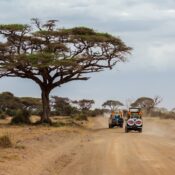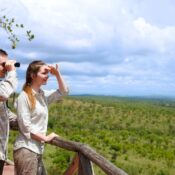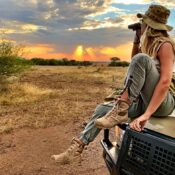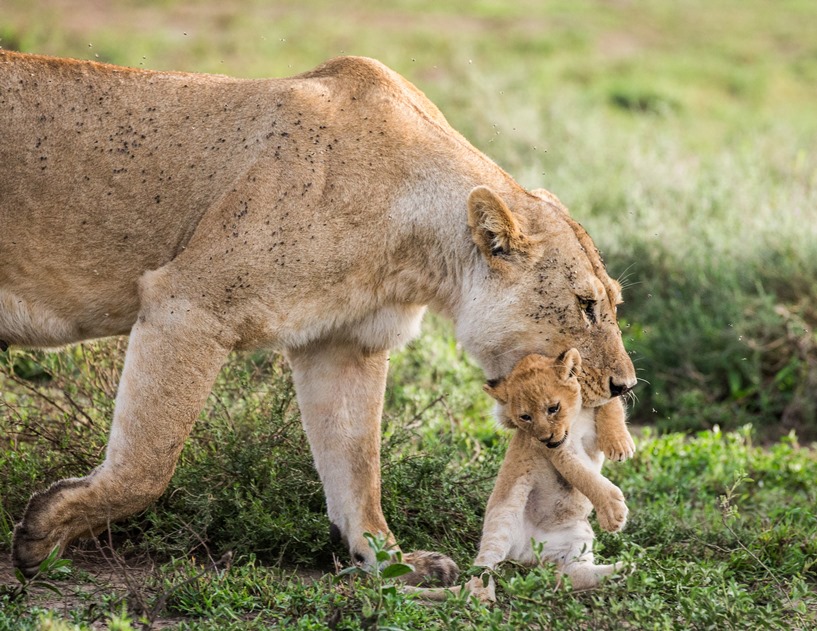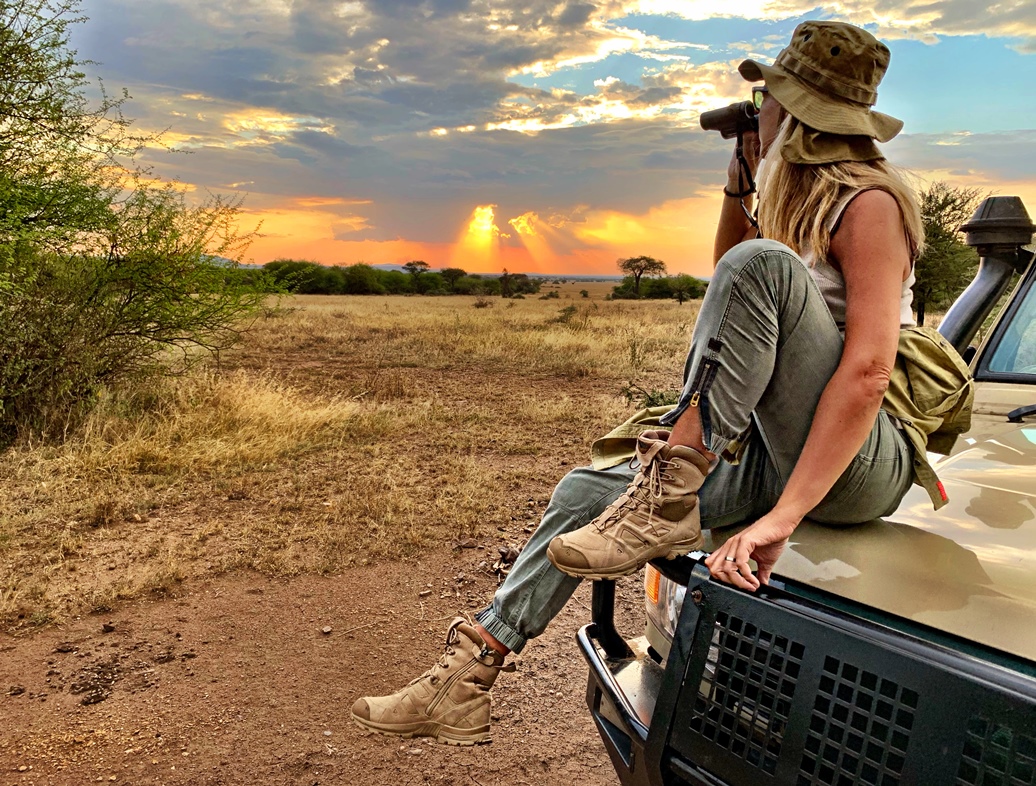
Solo Safari Adventures in Kenya: Tips, Safety, and Best Destinations for Solo Travelers
Kenya, the birthplace of safari, offers an unparalleled experience for solo travelers seeking adventure, wildlife encounters, and breathtaking landscapes. From the iconic Masai Mara to the pristine beaches of Diani, Kenya has something for every type of solo explorer. Let’s dive into the world of solo safaris in Kenya, covering essential tips, safety considerations, and the best destinations to visit.
Why Choose Kenya for a Solo Safari?
Kenya is an ideal destination for solo travelers due to its well-developed tourism infrastructure, diverse wildlife, and stunning natural beauty. The country offers:
- World-renowned national parks and reserves
- Opportunities to witness the Great Migration
- Rich cultural experiences with local communities
- A variety of accommodation options for different budgets
- Excellent safari guides and tour operators
Safety Tips for Solo Travelers in Kenya
While Kenya is generally safe for solo travelers, it’s essential to take some precautions:
- Research and plan ahead: Book reputable accommodations and tour operators.
- Stay alert: Be aware of your surroundings, especially in urban areas.
- Use reliable transportation: Opt for registered taxis or ride-sharing services.
- Keep valuables secure: Use hotel safes and avoid displaying expensive items.
- Respect local customs: Dress modestly and be mindful of cultural norms.
- Stay connected: Purchase a local SIM card for easy communication.
- Travel insurance: Ensure you have comprehensive travel insurance coverage.
Best Destinations for Solo Safaris in Kenya
Masai Mara National Reserve
The Masai Mara is Kenya’s crown jewel, offering incredible wildlife viewing opportunities and the chance to witness the Great Migration. Solo travelers can enjoy:
- Game drives to spot the Big Five (lion, leopard, elephant, rhino, and buffalo)
- Hot air balloon safaris for a bird’s-eye view of the savannah
- Cultural visits to Maasai villages
Recommended camps for solo travelers:
- Governors’ Camp
- Porini Mara Camp
- Elephant Pepper Camp
These camps often waive or reduce single supplement fees during off-peak seasons[4].
Amboseli National Park
Famous for its large elephant herds and stunning views of Mount Kilimanjaro, Amboseli is a must-visit destination. Solo travelers can enjoy:
- Incredible photo opportunities with elephants and Kilimanjaro as a backdrop
- Diverse birdlife in the park’s wetlands
- Cultural interactions with the Maasai people
Laikipia Plateau
For a more off-the-beaten-path experience, Laikipia offers:
- Unique wildlife species like Grevy’s zebra and reticulated giraffe
- Opportunities for walking safaris and horseback riding
- Intimate and exclusive safari experiences
Diani Beach
After your safari adventure, unwind at the beautiful Diani Beach[6]. This coastal paradise offers:
- Pristine white sand beaches and turquoise waters
- Water sports activities like kitesurfing and scuba diving
- A vibrant social scene for meeting fellow travelers
Tips for a Successful Solo Safari
- Join group safaris: Many operators offer scheduled departures that solo travelers can join, reducing costs and providing built-in companionship.
- Choose the right accommodation: Look for camps and lodges that cater to solo travelers, offering communal dining areas and shared game drives.
- Travel during shoulder season: You’ll find better deals and fewer crowds from April to June and November to December.
- Engage with your guide: Safari guides are a wealth of knowledge and can enhance your experience tremendously.
- Participate in camp activities: Many lodges offer nature walks, sundowners, and cultural visits that provide opportunities to meet other guests.
- Consider a multi-destination itinerary: Combine different parks and reserves to experience Kenya’s diverse landscapes and wildlife.
Making Connections on Your Solo Safari
- Stay at social accommodations: Choose lodges or camps that encourage guest interaction through communal dining or shared activities.
- Join group activities: Participate in guided walks, cultural visits, or conservation activities offered by your accommodation.
- Be open and approachable: Strike up conversations with fellow travelers and staff members.
- Use social media: Connect with other travelers through platforms like Instagram or Facebook travel groups.
Frequently Asked Questions
Q: Is it safe to travel solo in Kenya?
A: Yes, Kenya is generally safe for solo travelers. However, it’s important to take standard precautions and stay informed about current conditions.
Q: When is the best time to visit Kenya for a safari?
A: The dry seasons (June to October and January to February) offer the best wildlife viewing opportunities. However, the shoulder seasons can provide great value and fewer crowds.
Q: How can I save money on a solo safari in Kenya?
A: Travel during the shoulder season, look for camps that waive single supplements, and consider joining group safaris to reduce costs.
Q: Do I need any special vaccinations for Kenya?
A: Yes, some vaccinations are recommended or required. Consult with a travel health professional before your trip.
Q: Can I self-drive in Kenya’s national parks?
A: While self-driving is possible in some parks, it’s generally recommended to go with an experienced guide for safety and to enhance your wildlife viewing experience.
Solo safari adventures in Kenya offer an incredible opportunity for personal growth, wildlife encounters, and unforgettable experiences. By following these tips and choosing the right destinations, you’ll be well-prepared for an amazing journey through one of Africa’s most captivating countries. So pack your bags, grab your camera, and get ready for the solo safari adventure of a lifetime in Kenya!

